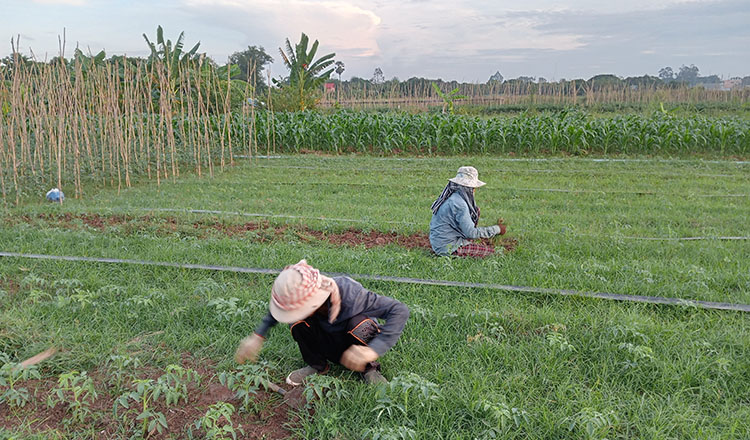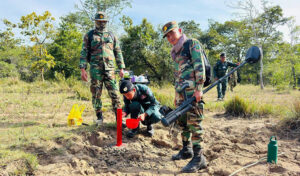Editorial: Govt must lend more support to farmers to boost local food production
Khmer Times:
Dear Editor,
Agricultural officials must take a more active role in raising food production by visiting villages and encouraging farmers to make full use of their land. They should advise farmers to turn unused backyards into vegetable gardens and grow as much as possible.
It is disheartening to see fertile land left uncultivated while we continue to rely on imported produce. We should no longer depend on vegetables imported from neighbouring countries, especially when we have the potential to grow them ourselves.
It is particularly disappointing to see even basic items such as lemongrass and Sesbania javanica flowers being brought in from Vietnam. This should serve as a wake-up call—for both farmers and government officials.
Farmers must change their mindset and stop leaving valuable backyard space idle. Agricultural officials need to provide technical assistance, promote sustainable practices, and help farmers access reliable markets for their produce.
Rather than leaving land vacant, farmers should focus on cultivating vegetables such as tomatoes, salad greens, luffa gourds, chili, ginger, and string beans. These crops could help meet local demand and reduce our dependence on imports—many of which are grown using excessive chemical fertilisers and pest control methods.
Our farmers should be encouraged to grow organic vegetables to support healthier diets. Agricultural officials must engage directly with farmers and teach them how to use fertilisers and pest control methods properly. Many still rely on outdated techniques passed down through generations. Officials should guide them in using compost and organic fertilisers, which are not only cost-effective but also better for soil health and the environment.
With the right support and knowledge, farmers can increase productivity, and reduce import dependency. It’s time for agricultural officials to step up—and for farmers to reclaim the value of every piece of land they have.
Agricultural officials must move beyond their comfort zones and engage with farmers in meaningful ways. Their role should not be limited to taking photos in the fields for social media appearances. Their commitment must be genuine, with a sincere desire to help farmers adopt effective agricultural practices. Officials should guide farmers in selecting seeds suited to local soil types and rising temperatures. More importantly, they must offer timely advice on pest, weed control and techniques to improve crop yield. Farmers need knowledgeable, hands-on support—not just symbolic gestures.
Concerned citizen







